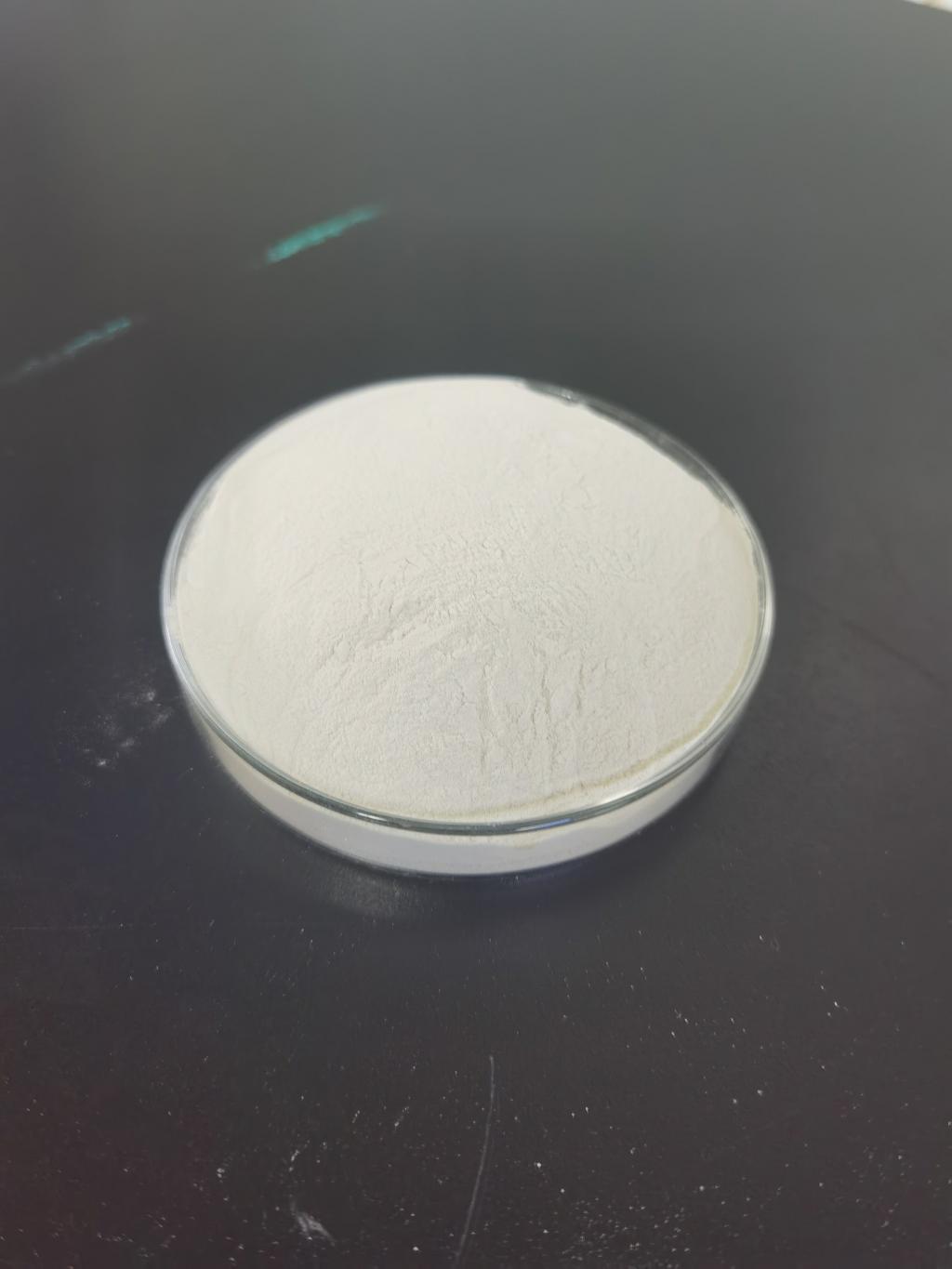Tel:+8618231198596

News
 CONTACT
CONTACT
 CONTACT
CONTACT
- Linkman:Linda Yao
- Tel: +8618231198596
- Email:linda.yao@dcpharma.cn
- Linkman:CHARLES.WANG
- Department:Overseas
- Tel: 0086 0311-85537378 0086 0311-85539701
News
Current Position:
Home >
News
>Nisin in Home Gardening: A Natural Approach to Preserve Homegrown Produce
Nisin in Home Gardening: A Natural Approach to Preserve Homegrown Produce
TIME:2024-02-01
I. Understanding Nisin:
Nisin is a natural antimicrobial peptide produced by the bacterium Lactococcus lactis. Traditionally used as a food preservative, Nisin's ability to inhibit the growth of various bacteria and fungi makes it a promising candidate for preserving homegrown produce. Its natural origin aligns with the principles of sustainable and organic gardening.
II. Challenges in Home Gardening:
Post-Harvest Spoilage:
Home gardeners often face the challenge of preserving surplus produce, especially during peak harvesting seasons. Without adequate preservation methods, fruits and vegetables may spoil quickly.
Chemical-Free Preferences:
Many home gardeners prefer to avoid synthetic chemicals in their gardening practices, seeking natural alternatives for pest control, fertilization, and preservation.
III. Nisin's Properties and Benefits:
Natural Antimicrobial Action:
Nisin's primary function as an antimicrobial agent allows it to inhibit the growth of spoilage microorganisms, extending the shelf life of homegrown produce.
Safe for Home Use:
Nisin is generally recognized as safe for consumption, and its use in home gardening aligns with the desire for chemical-free and safe preservation methods.
Compatibility with Organic Gardening:
Organic gardeners can benefit from Nisin's compatibility with organic practices, providing an additional tool for preserving produce without compromising on sustainability.
IV. Applications of Nisin in Home Gardening:
Fruit and Vegetable Preservation:
Nisin can be applied as a natural preservative for fruits and vegetables. Whether used in sprays, washes, or coatings, it helps to control microbial growth and maintain the quality of homegrown produce.
Seed Treatment:
Treating seeds with a Nisin solution can protect them from soil-borne pathogens, enhancing germination rates and promoting healthier seedlings.
Natural Pest Control:
While Nisin primarily targets bacteria, its antimicrobial properties may have secondary effects on certain pests. This makes it a potential component of integrated pest management strategies in home gardening.
Soil Health Improvement:
Nisin's natural origin and antimicrobial action can contribute to improving soil health by minimizing the growth of harmful microorganisms. This supports a balanced and fertile soil ecosystem.
V. How to Use Nisin in Home Gardening:
Nisin Solution for Produce Wash:
Prepare a Nisin solution by diluting it in water and use it as a wash for freshly harvested fruits and vegetables. This helps eliminate surface bacteria and fungi that contribute to spoilage.
Seed Treatment:
Before planting, soak seeds in a diluted Nisin solution to enhance their resistance to soil-borne pathogens. This is particularly beneficial for crops prone to seedling diseases.
Preservative Coating:
Create a natural preservative coating by mixing Nisin with other eco-friendly ingredients like beeswax or plant-based oils. Apply this coating to fruits and vegetables to create a protective barrier against spoilage microorganisms.
Incorporation into Organic Fertilizers:
Blend Nisin into organic fertilizers to contribute to soil health. This application can help control harmful microbial populations in the soil while supporting plant growth.
VI. Environmental Considerations:
Biodegradability:
Nisin is biodegradable, ensuring that its use in home gardening does not contribute to long-term environmental pollution. It aligns with the principles of eco-friendly and sustainable gardening.
Minimal Impact on Beneficial Organisms:
Studies suggest that Nisin has minimal impact on beneficial insects and microorganisms in the soil, ensuring a balanced and healthy garden ecosystem.
VII. Safety Considerations:
Safe for Edible Crops:
Nisin is safe for consumption, and when used according to recommended guidelines, it poses no health risks for edible crops.
Adherence to Regulatory Guidelines:
Home gardeners should ensure that their use of Nisin complies with local regulations and guidelines for agricultural and gardening products.
VIII. Future Perspectives:
As home gardening continues to be a prevalent practice, the integration of natural preservation methods like Nisin presents an exciting avenue for innovation. Ongoing research may uncover new applications and formulations, further enhancing the effectiveness of Nisin in preserving homegrown produce.
IX. Conclusion:
Nisin's role in home gardening provides a natural and sustainable solution to the challenge of preserving homegrown produce. From extending the shelf life of fruits and vegetables to supporting soil health, Nisin aligns with the principles of eco-friendly and chemical-free gardening. As more home gardeners embrace sustainable practices, Nisin stands out as a valuable tool for enhancing the overall resilience and productivity of home gardens.
- Tel:+8618231198596
- Whatsapp:18231198596
- Chat With Skype







